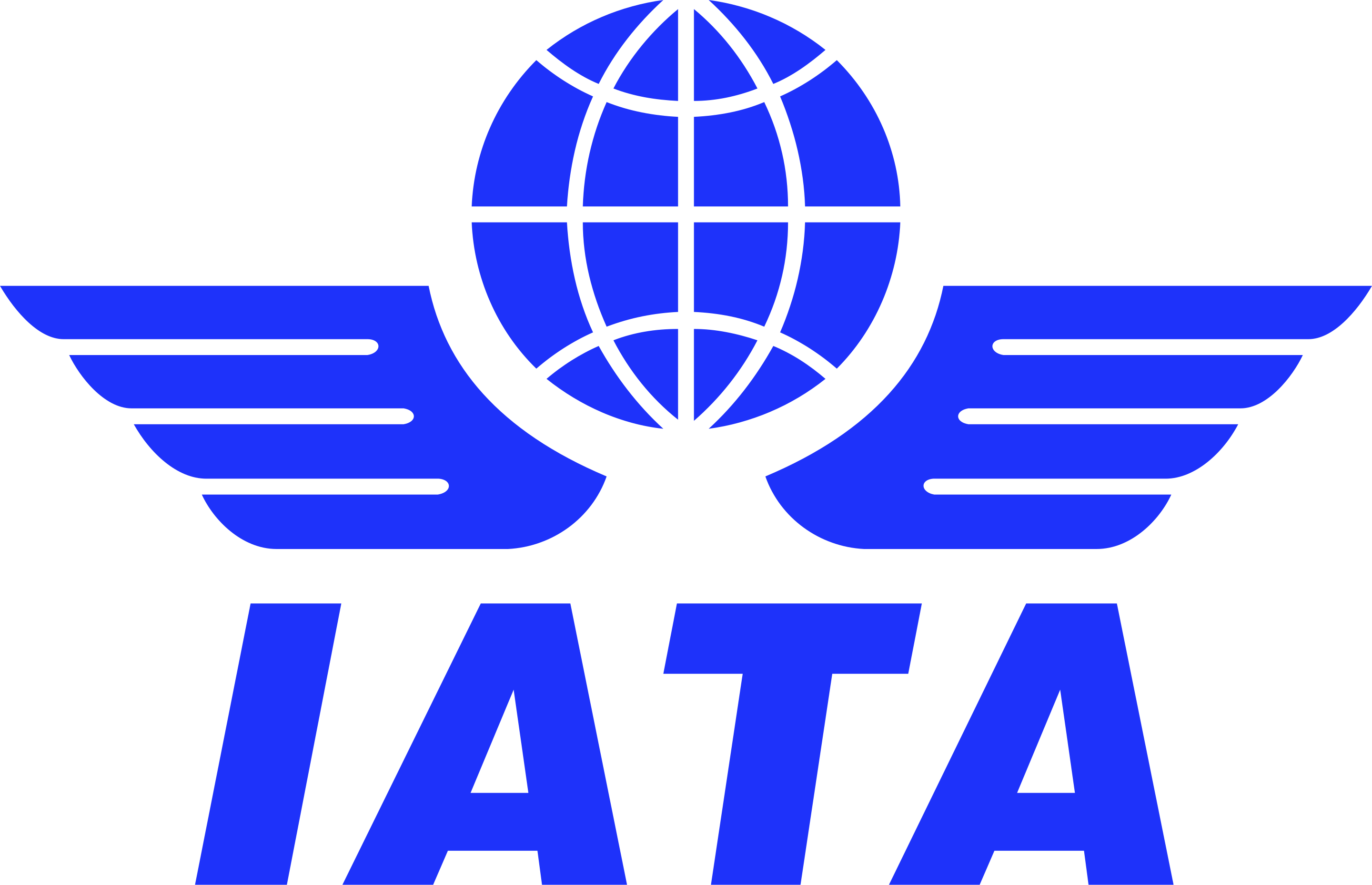
EASA partners with IATA to counter aviation safety threat from GNSS spoofing and jamming
30 January 2024– The European Union Aviation Safety Agency (EASA) and the International Air Transport Association (IATA) announced the conclusions of a workshop jointly hosted at EASA’s headquarters to combat incidents of GNSS spoofing and jamming.
The workshop’s high-level conclusion was that interference with satellite-based services that provide information on the precise position of an aircraft can pose significant challenges to aviation safety. Mitigating these risks requires short-, medium- and long-term measures, beginning with the sharing of incident information and remedies.
“GNSS systems offer tremendous advantages to aviation in increasing the safety of operations in a busy shared airspace,” said EASA Acting Executive Director Luc Tytgat. “But we have seen a sharp rise in attacks on these systems, which poses a safety risk. EASA is tackling the risk specific to these new technologies. We immediately need to ensure that pilots and crews can identify the risks and know how to react and land safely. In the medium term, we will need to adapt the certification requirements of the navigation and landing systems. For the longer term, we need to ensure we are involved in the design of future satellite navigation systems. Countering this risk is a priority for the Agency.”
“Airlines are seeing a significant rise in incidents of GNSS interference. To counter this, we need coordinated collection and sharing of GNSS safety data; universal procedural GNSS incident guidance from aircraft manufacturers; a commitment from states to retain traditional navigation systems as backup in cases where GNSS are spoofed or jammed. In actioning these items, the support and resources of EASA and other governmental authorities are essential. And airlines will be critical partners. And whatever actions are taken, they must be the focal point of the solution as they are the front line facing the risk,” said Willie Walsh, IATA’s Director General.
Measures agreed by the workshop to make Positioning, Navigation and Timing (PNT) services provided by GNSS more resilient, include:
–Reporting and sharing of GNSS interference event data. In Europe, this would occur through the European Occurrence Reporting scheme and EASA’s Data4Safety programme. As this is a global problem, it is important, for a better and complete understanding, to join all the information available from reports by connecting the databases such as IATA’s Flight Data Exchange (FDX), or EUROCONTROL’s EVAIR. This topic will be included in the discussions among all interested stakeholders, which will be launched following this workshop.
-Guidance from aircraft manufacturers. This will ensure that aircraft operators are well equipped to manage jamming and spoofing situations, in alignment with EASA’s Safety Information Bulletin (SIB 2022-02 R2).
-Alerting: EASA will inform the relevant stakeholders (airlines, air navigation service providers (ANSPs), manufacturing industry and airports) about attacks.
-Backup: Aviation must retain a Minimum Operational Network (MON) of traditional navigation aids to ensure that there is a conventional backup for GNSS navigation.
Background on ‘spoofing’ and ‘jamming’
In very recent years, Global Navigation Satellite System (GNSS) jamming and spoofing incidents have increasingly threatened the integrity of Positioning, Navigation, and Timing (PNT) services across Eastern Europe and the Middle East. Similar incidents have been reported in other locations globally. GNSS is a service based on satellite constellations such as the US Global Positioning System (GPS) and EU’s Galileo. ‘Jamming’ blocks a signal, whereas ‘spoofing’ sends false information to the receiver on board the aircraft.
These disruptions pose significant challenges to the broader spectrum of industries which rely on precise geolocation services, including aviation. Such attacks belong to the domain of Cybersecurity, safety threat for which EASA has developed a toolkit. The National Aviation Authorities (NAAs) in Europe had explicitly tasked EASA with taking measures to counter this risk.
About the workshop
Participants in the workshop shared information on actual events experienced, to deepen the collective understanding of the perceived threat. There was wide appreciation from the attendees for the event and a shared understanding of the need to tackle this issue collectively in a timely fashion. Over 120 participants from airlines, manufacturers, system suppliers, ANSPs and institutions joined the in-person event, which was held in Cologne on January 25, 2024.


